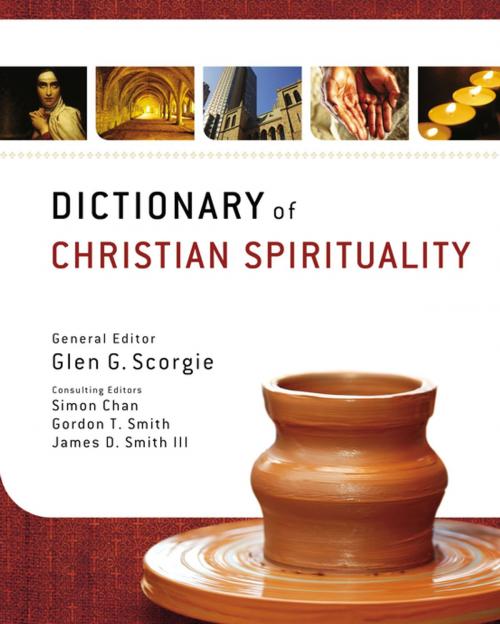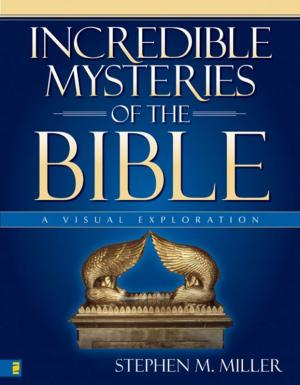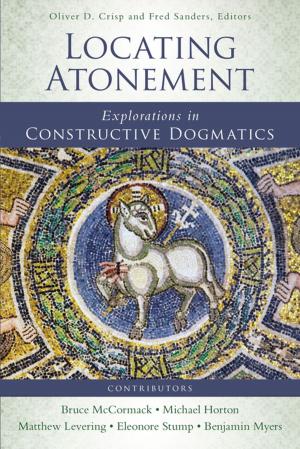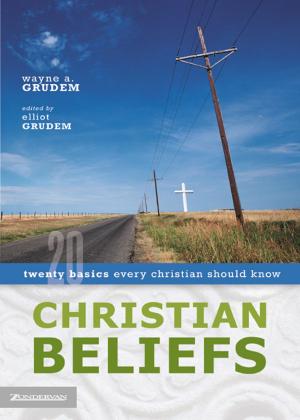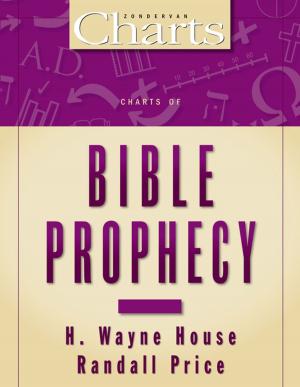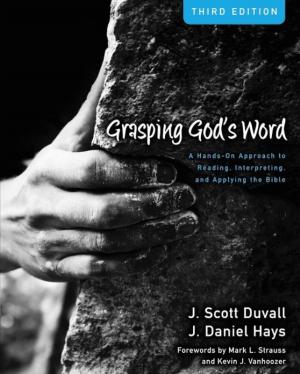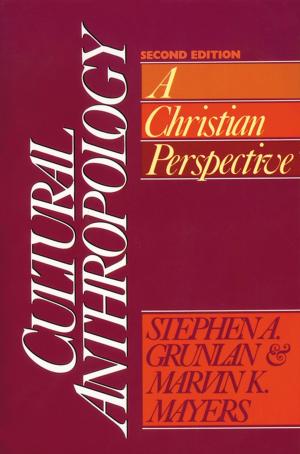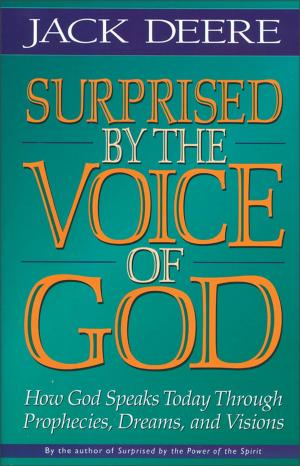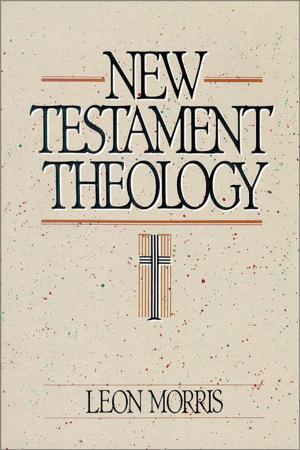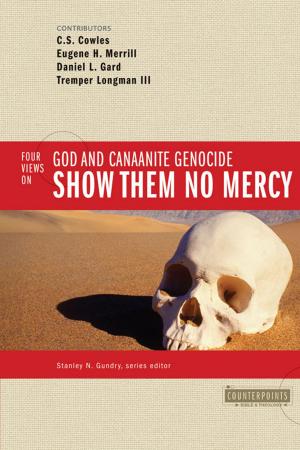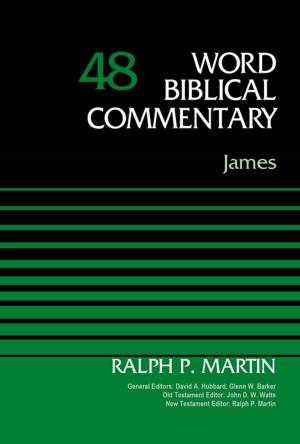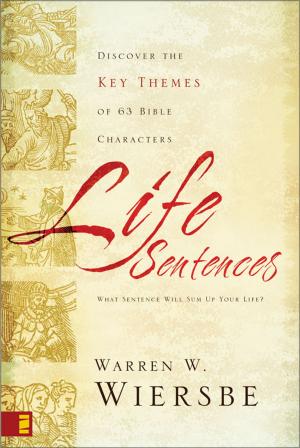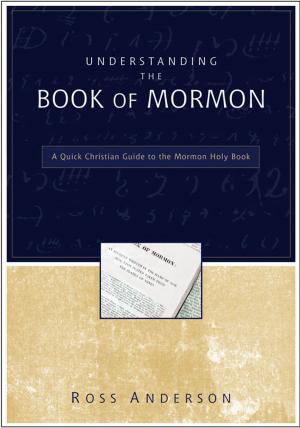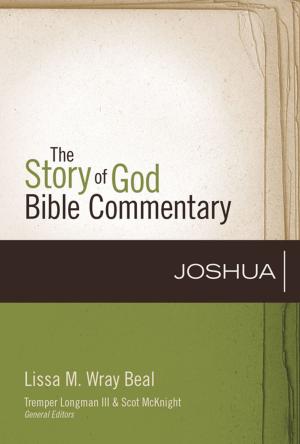Dictionary of Christian Spirituality
Nonfiction, Religion & Spirituality, Theology, Bible & Bible Studies| Author: | Glen G. Scorgie, Simon Chan, Gordon T. Smith, James D. Smith III, Zondervan | ISBN: | 9780310531036 |
| Publisher: | Zondervan Academic | Publication: | November 22, 2016 |
| Imprint: | Zondervan Academic | Language: | English |
| Author: | Glen G. Scorgie, Simon Chan, Gordon T. Smith, James D. Smith III, Zondervan |
| ISBN: | 9780310531036 |
| Publisher: | Zondervan Academic |
| Publication: | November 22, 2016 |
| Imprint: | Zondervan Academic |
| Language: | English |
In recent decades Christian spirituality, spiritual formation and spiritual theology have become important concepts in the global evangelical community. Consequently, an accessible and reliable academic resource is needed on these topics—one that will offer a discerning orientation to the wealth of ecumenical resources available while still highlighting the distinct heritage and affirming the core grace-centered values of classic evangelical spirituality. The Dictionary of Christian Spirituality reflects an overarching interpretive framework for evangelical spiritual formation: a holistic and grace-filled spirituality that encompasses relational (connecting), transformational (becoming), and vocational (doing) dynamics. At the same time, contributors respectfully acknowledge the differences between Reformed, Holiness, and Pentecostal paradigms of the spiritual life. And, by bringing together writers from around the world who share a common orthodoxy, this reference work is truly global and international in both its topical scope and contributors. Entries give appropriate attention to concepts, concerns, and formative figures in the evangelical tradition of spirituality that other reference work neglect. They offer a discerning orientation to the wealth of ecumenical resources available, exploring the similarities and differences between Christianity and alternate spiritualities without lapsing into relativism. The Dictionary of Christian Spirituality is a resource that covers a wide range of topics relating to Christian spirituality and is biblically engaged, accessible, and relevant for all contemporary Christians.
In recent decades Christian spirituality, spiritual formation and spiritual theology have become important concepts in the global evangelical community. Consequently, an accessible and reliable academic resource is needed on these topics—one that will offer a discerning orientation to the wealth of ecumenical resources available while still highlighting the distinct heritage and affirming the core grace-centered values of classic evangelical spirituality. The Dictionary of Christian Spirituality reflects an overarching interpretive framework for evangelical spiritual formation: a holistic and grace-filled spirituality that encompasses relational (connecting), transformational (becoming), and vocational (doing) dynamics. At the same time, contributors respectfully acknowledge the differences between Reformed, Holiness, and Pentecostal paradigms of the spiritual life. And, by bringing together writers from around the world who share a common orthodoxy, this reference work is truly global and international in both its topical scope and contributors. Entries give appropriate attention to concepts, concerns, and formative figures in the evangelical tradition of spirituality that other reference work neglect. They offer a discerning orientation to the wealth of ecumenical resources available, exploring the similarities and differences between Christianity and alternate spiritualities without lapsing into relativism. The Dictionary of Christian Spirituality is a resource that covers a wide range of topics relating to Christian spirituality and is biblically engaged, accessible, and relevant for all contemporary Christians.
